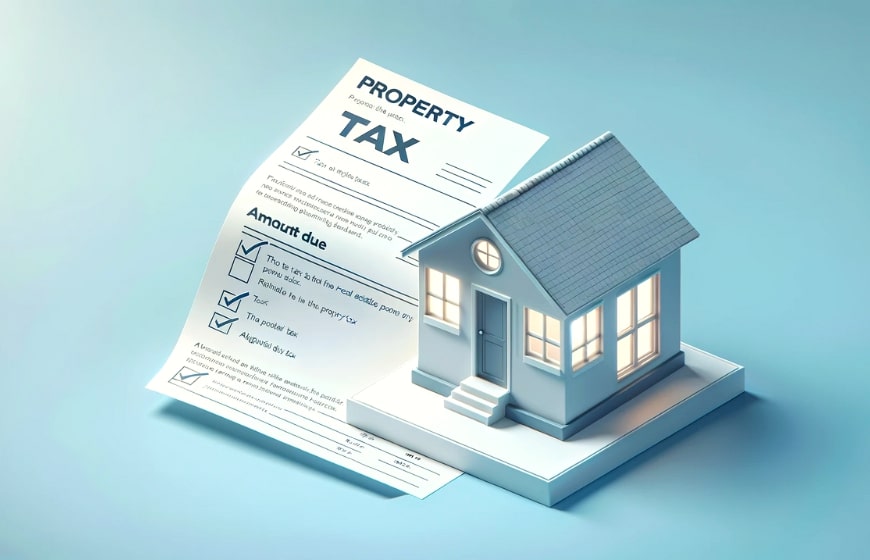Introduction
Property taxes are a significant financial consideration for homeowners in the United States. These taxes fund essential services like education, public safety, and infrastructure, making them a cornerstone of local government revenue. However, understanding how property taxes work, how they’re calculated, and what affects them can be daunting. Here’s what every homeowner needs to know about property taxes in the U.S.
1. What Are Property Taxes?
Property taxes are levied annually on real estate by local governments. These taxes are based on the assessed value of a property, which includes the land and any structures on it. The revenue from property taxes supports local schools, police departments, fire services, and other public resources.
- Key Features:
- Calculated as a percentage of the property’s assessed value.
- Rates vary widely by state, county, and municipality.
2. How Are Property Taxes Calculated?
Property taxes are determined by multiplying the property’s assessed value by the local tax rate, also known as the mill rate. The assessed value is typically a percentage of the property’s market value, determined by local tax assessors.
- Formula:
Property Tax = Assessed Value × Tax Rate- Example: If your home is assessed at $200,000 and the local tax rate is 1.5%, your annual property tax would be $3,000.
3. Factors That Influence Property Taxes
Several factors can affect your property tax bill, including:
- Location: Tax rates vary by state and local jurisdiction. Some areas have significantly higher rates than others.
- Property Value: Rising property values can increase your tax liability, as the assessed value adjusts with market conditions.
- Exemptions: Many states offer exemptions for certain homeowners, such as seniors, veterans, or those with disabilities.
4. Paying Property Taxes
Property taxes are typically paid in one of two ways:
- Direct Payment: Homeowners pay the local tax office directly, often in quarterly or annual installments.
- Escrow Account: For homeowners with mortgages, property taxes are often included in monthly mortgage payments and held in an escrow account by the lender. The lender then pays the taxes on the homeowner’s behalf.
5. Property Tax Appeals
If you believe your property has been overvalued, resulting in higher taxes, you can appeal the assessment. Most local tax authorities allow homeowners to contest their property’s assessed value by providing evidence such as recent appraisals or comparable sales data.
- Steps to Appeal:
- Review your property’s assessment details.
- Gather supporting documents like appraisal reports or sales data.
- File an appeal with your local tax assessor’s office within the specified time frame.
6. Property Tax Exemptions and Relief Programs
Many states offer tax relief programs to make property taxes more affordable for eligible homeowners. These may include:
- Homestead Exemptions: Reduces the taxable value of primary residences.
- Senior Citizen Discounts: Lower rates or exemptions for seniors.
- Veteran Exemptions: Benefits for military veterans.
Homeowners should check with their local tax office to learn about available exemptions and eligibility requirements.
7. Consequences of Non-Payment
Failing to pay property taxes can lead to severe consequences, including penalties, interest charges, and even foreclosure. It’s crucial to budget for property taxes as part of your overall housing costs to avoid financial strain.
Conclusion
Understanding property taxes is essential for homeowners in the U.S. These taxes directly impact your annual expenses and are critical for funding community services. By knowing how property taxes are calculated, staying informed about local rates, and exploring exemptions, homeowners can better manage their financial responsibilities while contributing to their local community.

